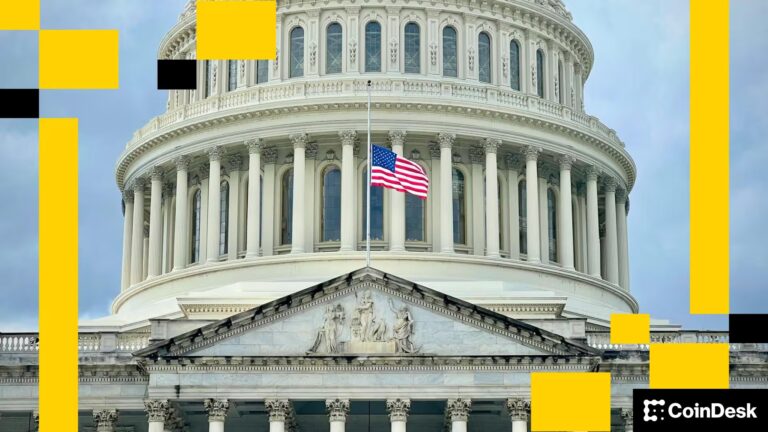Hong Kong Crypto News: New SFC Rules Will Allow Licensed Crypto Exchanges to Offer Staking
Hong Kong Regulator Unveils Rules for Crypto Staking on Licensed Exchanges
The Hong Kong Securities and Futures Commission has approved virtual asset trading platforms (VATPs) and allowed virtual asset funds to provide staking services.
Sam Reynolds | Edited by Parikshit Mishra Apr 7, 2025 6:54 AM

Key points:
- The Hong Kong Securities and Futures Commission has issued new guidelines that allow licensed platforms to offer staking services.
- The SFC requires platforms to maintain full control over clients’ assets and disclose all risks associated with the staking process.
- The move contrasts with a ban on retail staking in Singapore and a strict stance by the US Securities and Exchange Commission.
Hong Kong's financial regulator, the Securities and Futures Commission (SFC), has developed new regulations allowing licensed cryptocurrency exchanges and funds to offer staking services in the region.
Staking provides cryptocurrency owners with the ability to leverage their digital assets and earn passive income without selling them. It is a key element of Proof of Stake (PoS) networks, ensuring security and immutability.
In a press release on Monday, the SFC noted the dual nature of staking: it promotes the security of the blockchain network and provides regulated opportunities for investors to generate income, continuing its broader strategy to develop Hong Kong's digital asset sector through the “ASPIRe” roadmap.
“Expanding the range of regulated services and products is vital to supporting the healthy growth of Hong Kong’s virtual asset ecosystem,” Julia Leung, director general of the SFC, said in a press release. “But this expansion must take place within a regulated environment where the safety of clients’ assets remains a priority.”
In a circular clarifying the staking rules, the SFC said that virtual asset trading platforms (VATPs), which the regulator calls licensed exchanges, must retain full control over their clients' assets, explicitly prohibiting the transfer of staking to third parties.
Platforms are also required to openly disclose all associated risks, including possible vulnerabilities such as blockchain bugs, hacks, or validator inactivity.
According to the regulations, licensed platforms must clearly inform customers about the processes involved, fees, minimum lockout periods and measures aimed at ensuring business continuity in the event of disruptions.
At the same time, authorized virtual asset funds can only stake through licensed platforms or authorized institutions, with mandatory restrictions on liquidity risk management, which highlights the regulator’s cautious but positive approach.
This differs from the actions of Singapore, Hong Kong's rival financial hub in the region, which banned retail staking in 2023, citing the need to “protect investors.”
The US Securities and Exchange Commission (SEC) continues to restrict staking through enforcement actions, although it faces growing calls from a bipartisan group of senators to soften its stance.
Meanwhile, several states, including Illinois recently, have dropped staking lawsuits against Coinbase, which faces multiple lawsuits for the first time in 2023.



